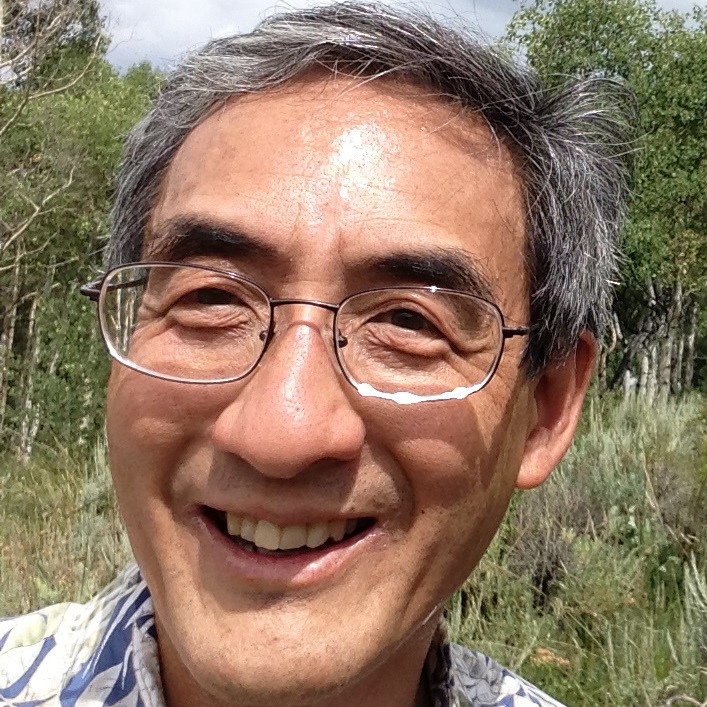
Dr. David Andow is Distinguished McKnight University Emeritus Professor at the University of Minnesota (UMN) and is presently the Department Head of Applied Ecology at North Carolina State University (NCSU). He is internationally known for his research on insect population and community ecology, risk assessment of invasive species and genetic engineering, and management of resistance in insects.
Professor Andow was born in Ohio and attended Brown University, majoring in biology (Sc.B., magna cum laude). He obtained his Ph.D. in Ecology and Evolution at Cornell University (1982) under the direction of David Pimentel and Simon Levin, investigating the ecological mechanisms affecting insect response to vegetational diversity. He then received an NSF post-doc to study rice insects with Keizi Kiritani at the National Institute of Agro-Environmental Sciences in Tsukuba, Japan. Following this, he had a short post-doc at Cornell reviewing the environmental risks of genetic engineering. He took his position at UMN in 1984 and at NCSU in 2023.
Andow’s research in insect ecology is diverse. His 1991 review on arthropod response to vegetational diversity has received over 2100 citations and remains actively cited today. His work to extend the diffusion model for the spread of invasive species opened up basic and applied research to model and manage invasive species. His modelling work and reviews have influenced efforts to design and implement effective insect resistance management, and the F2 screen, which estimates resistance allele frequencies for recessive and nearly recessive resistance in natural populations, has been used worldwide. His publications in sustainable agriculture have supported the view that SA systems are integrated management systems (syndromes of production) and insects play critically important roles. He lead the early efforts to develop and implement the recovery of the Federally endangered Karner blue butterfly, and has published extensively on environmental risks of genetically engineered organisms and the ecology of natural enemies, especially coccinellids and Trichogramma wasps. More recently, he has worked on the landscape ecology of pentatomids, and the use of next generation sequencing to understand food web structure.
Andow has published more than 215 peer-reviewed scientific papers, 92 book chapters, edited 13 books, co-authored 7 consensus reports for national and international organizations, and given 250 invited presentations. He has graduated seven M.Sc. and ten Ph.D. students, and mentored nine postdoctoral/ visiting scientists. He was the King/Chavez/Parks Visiting Professor at the University of Michigan, and won the best publication in Landscape Ecology from the International Association for Landscape Ecology. He was an OECD Fellow, a McMaster Fellow, a Japanese Society for the Advancement of Science Fellow, and a Bellagio Center Fellow. He has consulted for the Pontifical Council for Justice and Peace (Vatican), World Trade Organization, World Health Organization, European Food Safety Authority, Ministry of Agriculture, Forestry and Fisheries (Japan), US National Academy of Sciences, USDA, and US-EPA.
His daughter Lucy graduated a double major in Comparative Literature and Portuguese at the University of Minnesota.
(updated August 2024)
